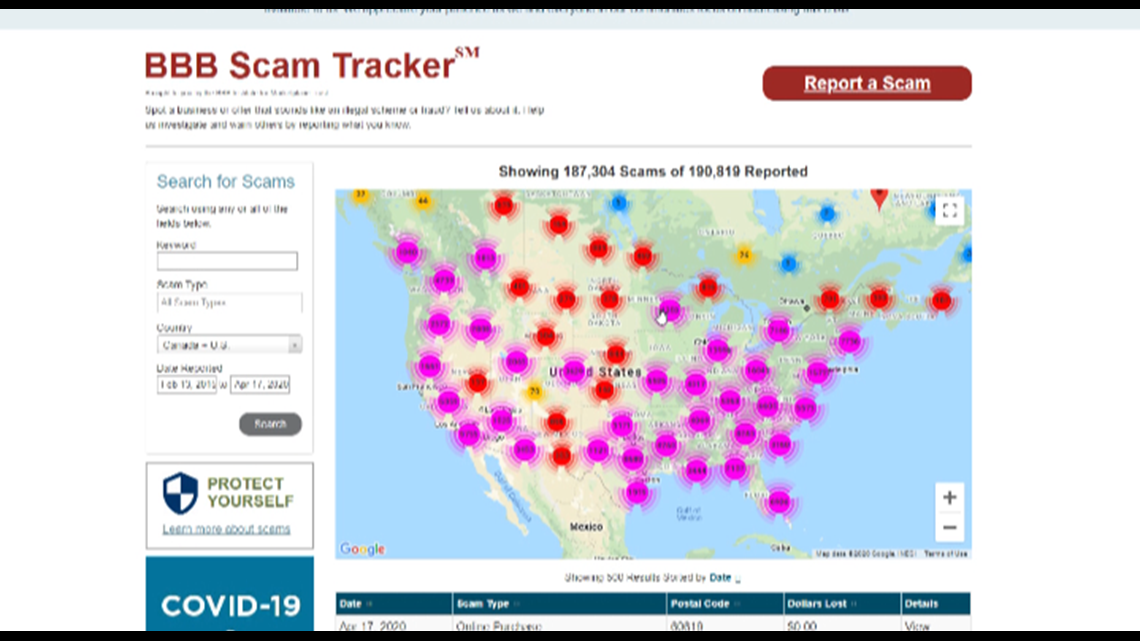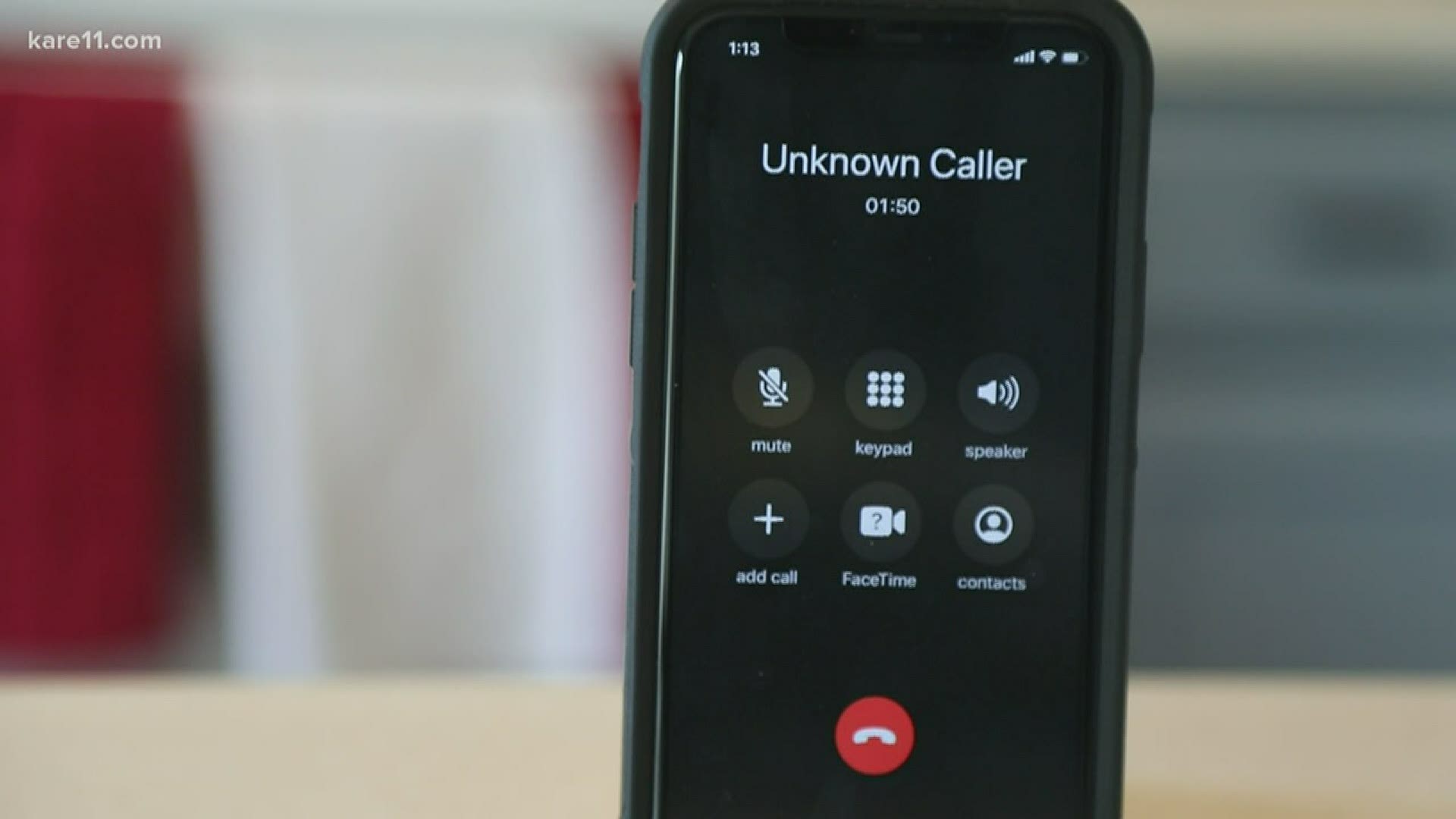STILLWATER, Minn. — The phone calls coming into Mike Randall’s home sounded urgent.
“Now if you can call me back as soon as you can,” the voice message said. The caller was offering to help him apply for Social Security Disability benefits.
“They called about five times over the course of two days,” Mike recalled.
“We can get started on your application for monthly disability money,” one message said.
With so many new aid programs being offered during the COVID-19 crisis, you may be getting offers from people who say they can help you apply.
But experts warn that scammers often use those offers to try to steal your personal information.
That’s what Mike discovered when he actually spoke to one of the callers.
He says they told him, “We’ll need some information from you – your name, your address, phone number, social security number, that sort of thing.”


Fortunately, Mike was suspicious.
Turns out, the Federal Trade Commission has been warning about calls like that for years. In 2016, the agency posted a specific warning about disability benefit offers that were really identity theft schemes.
Now, with the coronavirus crisis sweeping the nation, experts say scammers are more active than ever – targeting people desperate for financial help.
The Better Business Bureau calls it “a perfect storm for scam activity.” Their “Scam Tracker” is reporting a record number of complaints. It even allows you to search the most recent complaints in your area.
The BBB has also posted a Webinar in conjunction with the Federal Trade Commission about how to avoid scams and outsmart crooks.


Thieves often adapt old scams to the latest headlines, trying to get you to act right away.
That’s exactly what the caller told Mike. “This is a time sensitive matter and fast action is required for these types of benefits,” the voicemail said.
“They kept insisting that I needed to complete the application right away,” Mike told KARE 11.
But he didn’t fall for it. “I told them that I was aware that they were a scam – and I wasn’t going to give them any additional information.”
So, what happened when Mike called the scammer’s bluff?
He says they kept right on asking.
“Well, is there anyone else in your household that would be interested in getting this social security disability insurance?” he says the caller asked him.
Whether it’s a phone call or an email, the bottom line is: If you’re not expecting it, be suspicious.
“If you haven’t initiated the contact and you don’t know who’s calling, then by all means consider them to be a scam and look elsewhere,” Mike said.
Meanwhile, if you think you may have fallen victim to an identify theft scam, the federal government has prepared a step-by-step list of what you can do to help protect yourself – and try to limit the damage.
This story began with a tip. If you have something you’d like us to investigate, send us an email at: investigations@kare11.com
MORE INVESTIGATIONS: KARE 11 Investigates: Some small businesses shut out of SBA loans
MORE INVESTIGATIONS: KARE 11 Investigates: Events ‘postponed’ leave refunds in limbo
MORE INVESTIGATIONS: KARE 11 Investigates: Police agencies skipping COVID-19 mask safety rules

